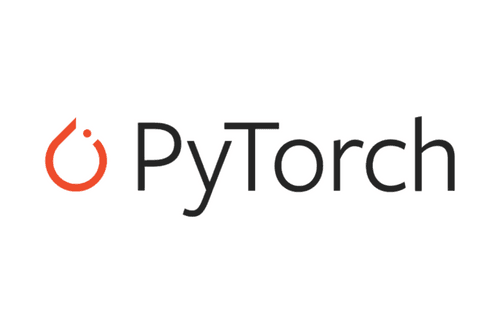Anaconda Unaffected by PyTorch Security Incident


Learning Python transported me back in time. I was working for O’Reilly Media in early 2022, in a position I loved. I was a senior acquisitions editor, mostly focused on developing books and online learning courses for data scientists and data engineers. But I was feeling like I could use a little more of a challenge. Most of the content I developed assumed the audience was already familiar with Python programming. So I understood Python generally; I could name popular Python packages and what they were used for. But I didn’t know how to code at all. So I figured why not learn? After all, O’Reilly offered Python courses on its own learning platform.
My first Python course was “Python in 5 Weeks: Python Programming for Beginners,” taught by Reuven Lerner. To start, I learned the fundamentals, opened up Jupyter Notebook, wrote strings, and did some basic math with Python. At one point, we got to an exercise that could be solved if you iterated with a loop, but that wasn’t the recommended solution. Besides, we didn’t know about loops yet. This is when I had the distinct feeling of going back in time… I knew how to iterate using a loop, but how? It was as though working in Python again had unlocked some piece of my brain that remembered how to code. I had taken computer science classes in high school and college, where I learned some basic C++ and Java. But I didn’t think I knew programming. I had no idea that the fundamentals I had learned years ago using different programming languages would still be relevant.
Maybe this has happened to you before. Maybe not with code—maybe with a math problem, or while translating a phrase to another spoken language, or rewording a sentence to make the writer’s meaning clearer. Did you ever feel like you unlocked some fundamental skill that your brain almost seemed wired for? That’s how coding in Python felt for me. Like my brain had already laid out the neural pathways and I just had to follow them again, even if they had been laid down 20 years ago. Though I frequently still describe myself as “non-technical,” I do know how to code. A little. That counts!
And learning that little bit of Python made a lot of other things make sense. Concepts I had a general understanding of, I now grasped in practice. Shortly after taking the course, I learned Anaconda wanted to build learning content, and I knew I could help. After I joined the company, our team of content creators, instructional designers, video editors, instructors, engineers, product managers, and many others built and launched Anaconda Learning. Having a little background in Python helped me understand what an introduction to Python should include. It helped me understand what other topics Anaconda users might want to learn. And it gave me the fundamentals for working with Jupyter notebooks, so I could connect our learning courses to our Anaconda cloud notebooks service. We’ve only just started, and we’ve got a lot of opportunities to serve Anaconda’s mission—to democratize data literacy for everyone.
2022 went by incredibly fast, and with the blank slate of 2023 ahead of us, I keep asking people, “What do you want to learn next?” I hear a lot of people say Python or data science. Perhaps you’re feeling unsettled in an unpredictable economy and seeing friends or former colleagues getting laid off at other tech companies. So maybe upskilling is smart for your career goals. For me, it’s very clear that learning a very little bit of Python had a major impact on my career. Or maybe you simply want to learn a new skill, whether or not it’s related to your career. Maybe you’ve been curious about Python for a while. If you have time to indulge your curiosity, I encourage you to elongate those neurons and take an introductory Python course. You can even take one on Anaconda Learning! There really is nothing like facing a Python exercise and feeling the solution come to you—that moment when the understanding unlocks.
So here we are. It’s 2023. What will you learn next?
Getting Started with Anaconda: Take your first steps using Anaconda Distribution, working with conda, and writing your first Python program.
Conda Basics: Manage software and environments using conda.
Introduction to Python Programming: Learn to read, write, and solve real-life problems with Python.
Introduction to Data Visualization with Python: Derive insights from data using pandas .plot, Seaborn, and Matplotlib.
Introduction to Machine Learning: Get started with fundamental machine learning algorithms using scikit-learn.
Introduction to SQL: Query relational databases using Python.
Introduction to pandas for Data Analysis: Build a foundation in Python using pandas data frames for analysis.
Python First Steps: Build a poetry generator using Python core concepts. [January 31]
Jess Haberman is Director of Learning Solutions at Anaconda, powering data literacy across industry and academia. Previously, Jess was an acquisitions editor at O’Reilly Media, collaborating with tech industry leaders to develop instructional books and online content on data science, data engineering, and data architecture. She has presented at and facilitated technology conferences (O’Reilly’s Strata and Data Superstreams, Scale by the Bay, DataCon LA), publishing seminars, and writing retreats. Jess earned her BA in English Literature from Denison University and spent 14 years in nonfiction book publishing. She lives in Salem, Massachusetts with Dolly, her Pitbull mix.